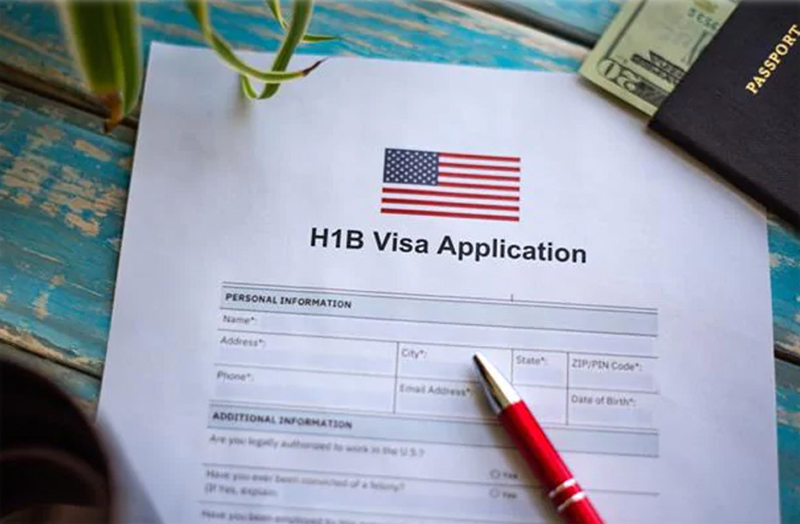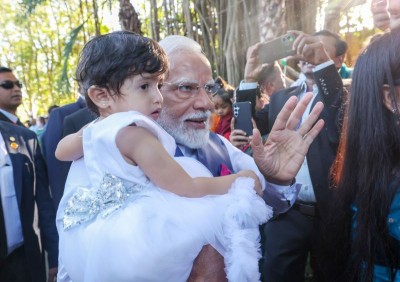 US Visa
US Visa
U.S. launches in-country H-1B visa renewal, Indian techies register big victory
In a groundbreaking move set to alleviate the challenges faced by Indian technology professionals, the United States is launching a pilot program to facilitate the domestic renewal of specific categories of H-1B visas. This initiative, set to kick off in December, promises to streamline the visa renewal process for a substantial number of skilled workers.
The H-1B visa, a non-immigrant visa designed for foreign workers with specialized expertise, is crucial for U.S. technology companies that often hire tens of thousands of employees annually from countries like India and China.
The pilot program, initially limited to 20,000 participants, was unveiled months after the White House announced the plan during the state visit of Indian Prime Minister Narendra Modi in June. Julie Stufft, Deputy Assistant Secretary of State for Visa Services, emphasized the high demand for U.S. visas in India and acknowledged the need to address long wait times of six, eight, and 12 months.
“In India, the demand (for US visas) is still very high. The wait time of six, eight and 12 months is not what we need and (it is) not indicative of how we view India,” Stufft explained in an interview with PTI. “We want to make sure that Indian travelers can get appointments as quickly as possible. One way we are doing that is through the domestic visa renewal program, which is focused very much on India. We are piloting that.”
Commencing in December, the State Department will issue 20,000 visas to foreign nationals already residing in the United States. The program will primarily cater to Indian nationals, reflecting their status as the largest skilled group of workers in the country. The initiative aims to prevent individuals from having to travel back to their home countries for a visa appointment, allowing the U.S. missions in India to concentrate on new applicants.
While the State Department had been working on the pilot program for some time, the formal announcement occurred during Prime Minister Modi’s visit. The plan, outlined in a joint statement and announced during Modi’s address to the Indian diaspora at the Ronald Reagan Centre, has garnered widespread support from the Indian community in the U.S.
Julie Stufft assured that detailed guidelines and eligibility criteria for the program would soon be released through a federal register notice. She emphasized that the entire visa renewal process would be managed within the United States, avoiding the need for individuals to return to their home countries for processing.
The pilot program marks a significant step towards fostering smoother immigration procedures for Indian tech professionals and aligns with the shared commitment to strengthening the ties between the two nations. As the U.S. endeavors to streamline visa processes, this initiative stands to benefit not only the skilled workforce but also reinforces the longstanding collaboration between India and the United States in the realm of technology and innovation.
(Photo and text courtesy: Khalsavox.com)
Support Our Journalism
We cannot do without you.. your contribution supports unbiased journalism
IBNS is not driven by any ism- not wokeism, not racism, not skewed secularism, not hyper right-wing or left liberal ideals, nor by any hardline religious beliefs or hyper nationalism. We want to serve you good old objective news, as they are. We do not judge or preach. We let people decide for themselves. We only try to present factual and well-sourced news.







